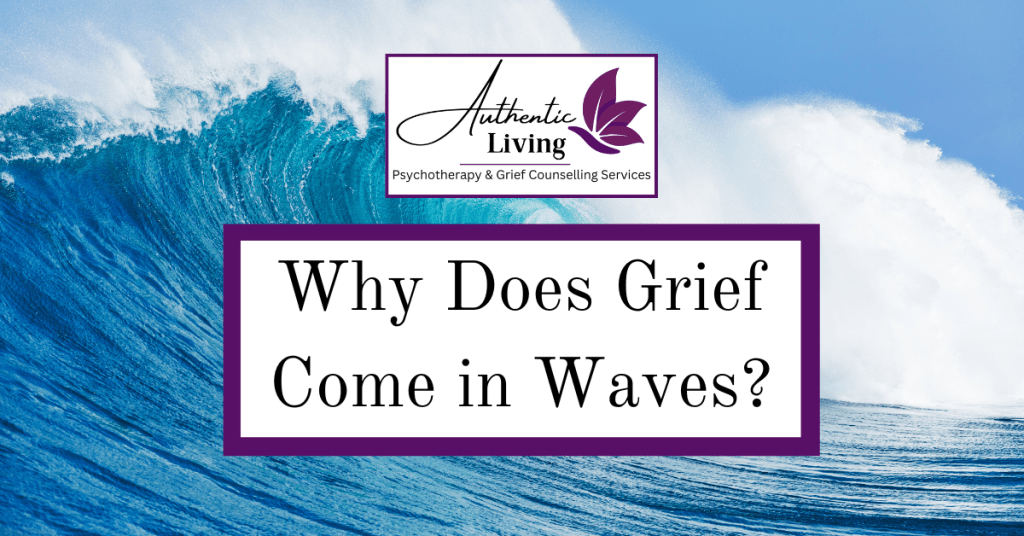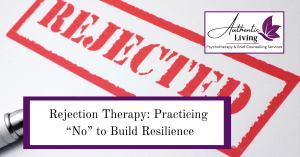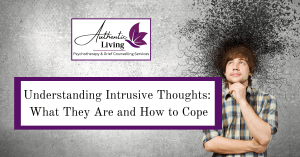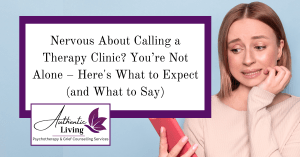Grief is a powerful emotional experience that affects everyone differently. While some people expect it to be a straight line from sadness to healing, most find that grief comes in waves—sudden surges of emotion that can crash over you when you least expect them.
This blog will explore why grief feels like it comes in waves, how to navigate these emotional ups and downs, and why this pattern is not only common but also a healthy part of the healing journey.
What Does It Mean That Grief Comes in Waves?
When people say “grief comes in waves,” they mean that the feelings of loss—like sadness, anger, confusion, or even numbness—don’t stay constant. Instead, these emotions rise and fall.
One day, you might feel like you’re coping well. The next, you may be overwhelmed by emotion again. This pattern can continue for weeks, months, or even years after the loss.
Why Does Grief Come in Waves?
1. Your Brain Is Trying to Protect You
Right after a loss, your brain often goes into a kind of shock or autopilot. This is your body’s way of protecting you from the full force of pain all at once. Over time, the grief surfaces in manageable pieces—waves.
2. Ties to Memory and Triggers
Waves of grief can be triggered by things like a certain song, a smell, a location, or an anniversary. These reminders can cause your emotions to suddenly feel raw again, even if you felt okay just moments before.
3. Healing Isn’t Linear
Healing from loss is not a straight path. It’s more like a spiral or a tide. Some days feel calm, while others feel stormy. This is because healing doesn’t mean forgetting—it means learning how to carry the grief differently over time.
4. Love Doesn’t End With Death
Grief is a reflection of love. When someone you love is no longer here, your connection to them doesn’t just disappear. That bond can cause waves of longing, sadness, or even joy as you remember them.
What Do Grief Waves Feel Like?
Grief can show up as tears, heaviness, memories, restlessness, or even relief. Whatever you’re feeling—it’s valid. Grief looks different for everyone.
- A sudden burst of tears
- A tight chest or heavy feeling
- Intense longing or missing the person
- Flashbacks or vivid memories
- Anxiety or restlessness
When Do the Waves of Grief Happen?
Grief can rise during holidays or in quiet, unexpected moments—a scent, a song, a memory. It doesn’t follow a schedule, and that unpredictability can feel overwhelming.
- A quiet moment alone
- A celebration where the person is missing
- Watching a movie or listening to music
- Smelling a familiar scent
- Hearing a reminder of your loved one
Is It Normal for Grief to Feel Worse Over Time?
Yes, and no. While many people feel better over time, there can be moments—even years later—when the grief feels just as strong as it did in the beginning.
This doesn’t mean you’re going backward. It means that grief is complex and deeply tied to your ongoing experiences.
How to Cope When Grief Hits in Waves
- Let it come – Don’t fight the feelings. Cry, rage, remember—grief needs space.
- Be kind to yourself – This is part of healing, not a setback.
Talk to someone – You don’t have to carry it alone.
Stay grounded – Light a candle, take a walk, eat, rest. Small acts help.

Grief comes in waves—and that’s okay. Let yourself feel it. Be gentle with yourself, talk to someone you trust, and find small ways to honour your loved one. Whether it’s lighting a candle, taking a walk, or simply resting—caring for your body and heart matters.
You Don’t Have to Navigate This Alone
Grief is like the ocean—sometimes calm, sometimes stormy. The waves may knock you off your feet, but over time, you learn to float, swim, and eventually walk again.
You are not broken. You are grieving. And your grief is a reflection of your love.
If you or someone you know is navigating the waves of loss, know that you don’t have to do it alone. Help is here.
Grief can feel overwhelming—but you don’t have to face it alone. Lizanne Hills, grief counsellor at Authentic Living London, offers compassionate, specialized support to help you process loss in a way that feels safe and healing. If you’re ready to take the next step toward support, reach out today to book a session with Lizanne. Your healing matters.

Lizanne Hills
Registered Psychotherapist -Qualifying Addictions Certificate
Areas of Focus: Grief, Addictions, Family Therapy, Couples Therapy, Trauma/PTSD, Children’s Grief, Autism Spectrum Disorder, Life Transitions





